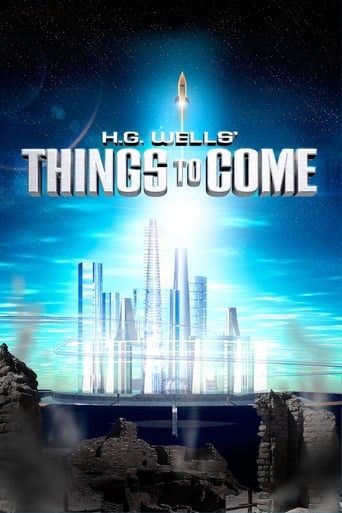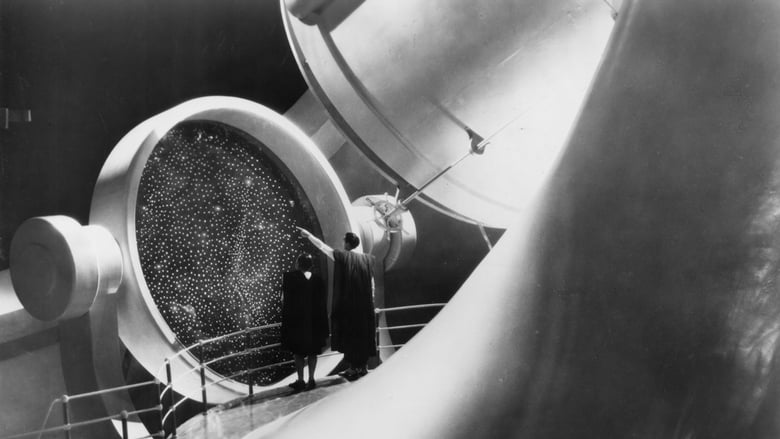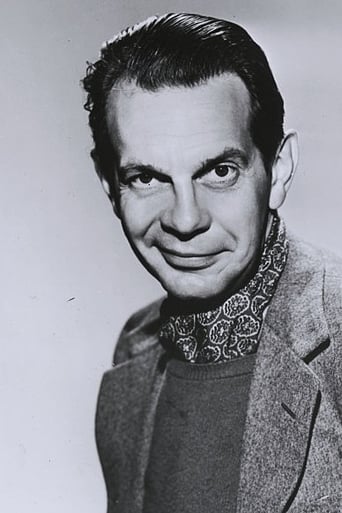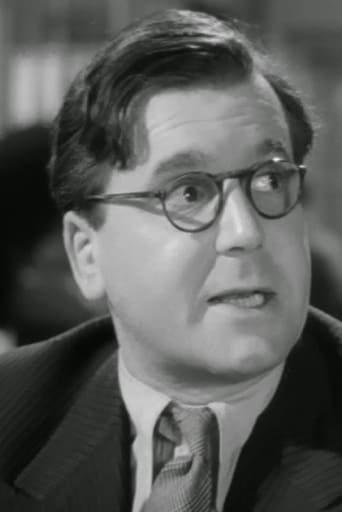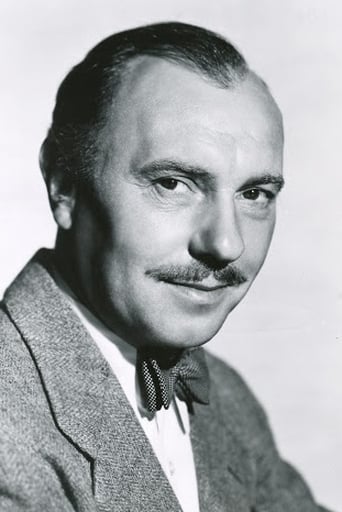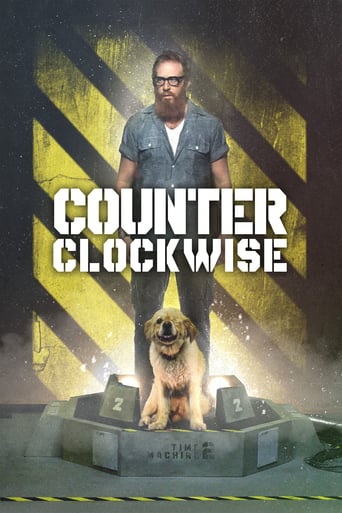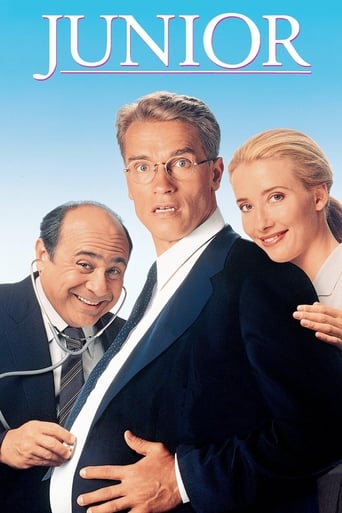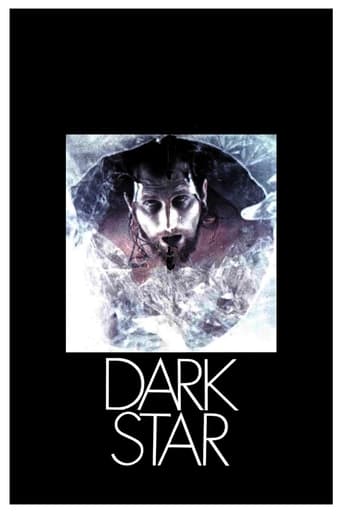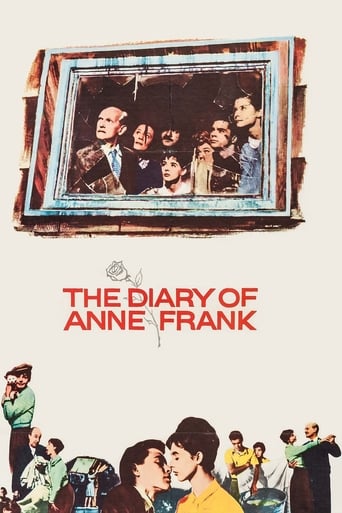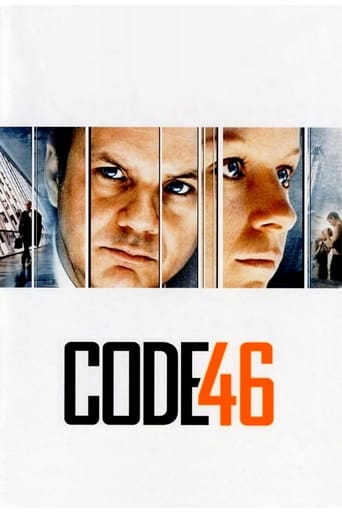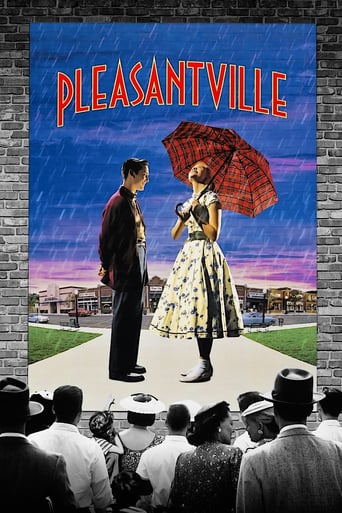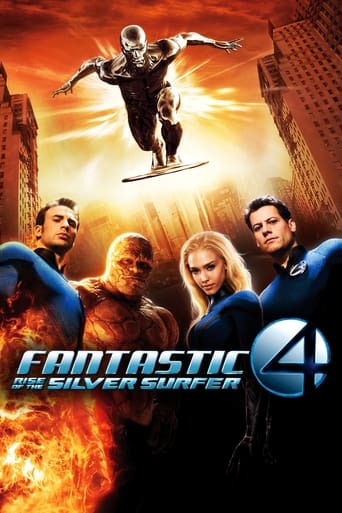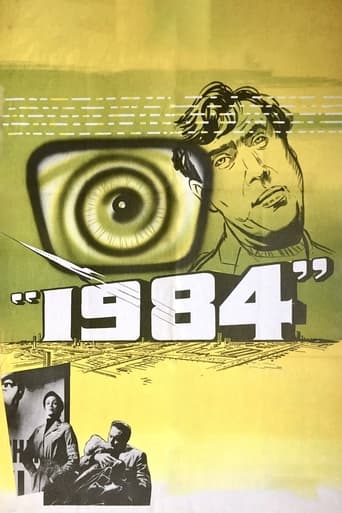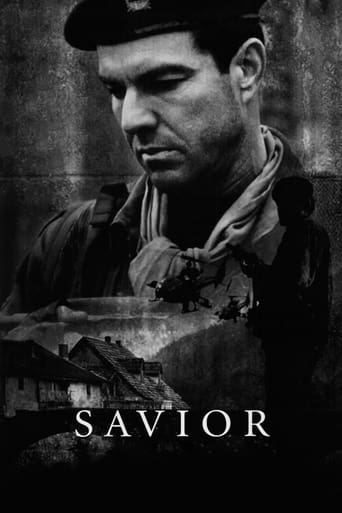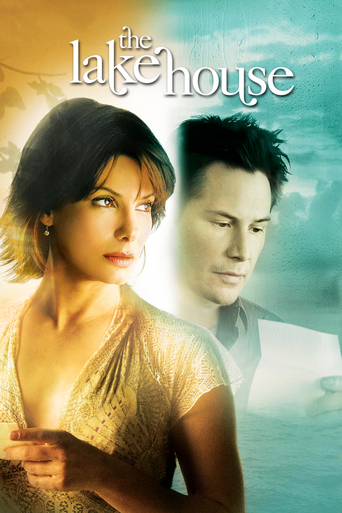Things to Come (1936)
The story of a century: a decades-long second World War leaves plague and anarchy, then a rational state rebuilds civilization and attempts space travel.
Watch Trailer
Cast


Similar titles
Reviews
Released in 1936 and based on HG Wells' 1933 book, "Things to Come" envisions a future that suffers three decades of world war, a human-made plague and a new one-world order that opens the way for space travel. Wells' story was a fantastical hope for a future in which everybody will "come to Jesus" only to him "Jesus" was socialism and obeying a world government. To come to this point we must first endure a second world war that lasts 30 years and destroys the planet, thrusting us into a new Dark Age. As such, this is a post-apocalyptic movie with the corresponding 'mutants' (the plague victims) decades before that genre came into vogue.While I reject socialism (which is basically communism with a smile), there's a lot of truth to Wells' message, which was that the individual's life and actions are inconsequential when compared to the purpose and progress of the entire human race. Both the film's ideology and message are irrelevant to whether a movie is entertaining or not, for me anyway. The problem with "Things to Come" is the story itself, which focuses on three basic times: 1940 (which was five years in the future when the film was made), 1970 and 2036. The mid-section is the longest and dullest, focusing on an annoyingly pompous warlord called "The Boss" or "The Chief" (Ralph Richardson). The story structure simply isn't conducive to involving characters and movie-length drive. The last act is interesting not because of the story but due to its depiction of the future (2036), which is similar to the futuristic portrayal seen in 1976' "Logan's Run" and pretty much holds up. Wells was way off, however, in regards to humanity making it to the moon, which took place 70 years before his prediction.In its day I'm sure this was an amazing movie, dull characters & tale or not, but great films hold up over time, like 1933's "King Kong" and 1939's "The Wizard of Oz." "Things to Come" generally doesn't. Yet it's still worth checking out as a period piece. The film was shot in B&W, but there's a colorized version (which I viewed). It runs 100 minutes and was shot in Denham Studios, Buckinghamshire, England. DIRECTOR: William Cameron Menzies. GRADE: C-
This is quite a troubling movie. It is so broad in its scope and so cynical in its intent. Until the election of 2016, I thought this was a bit far fetched. Unfortunately, we have our own Cabal for the time being and we hope things don't disintegrate as they could. What we have here is a devastating war which results in the destruction of most of the world. Evil people are doing evil things and technology has virtually disappeared. It has devolved into tribal peoples (naturally) and the prospects for recovery are not good. Eventually, a force develops which has plans to recreate society. The problem is that societal evolution is hard to plan because human beings are the objects of the plan. On the one hand, there are all the incredible advancements brought about by necessity; on the other, a fear of men playing god. This is quite a curiosity. The film's fate depends on restoration because of the kinds of film that were used in those days. This is certainly worth a look, however, even though the quality is quite poor.
The British celebrate Christmas 1940 in London-like "Everytown" amid signs of wars and rumours of wars. Alas, the sights and sounds of "WAR!" overtake the merriment. Visionary businessman Raymond Massey (as John Cabal) is miffed. "If we don't end war, war will end us," he asserts. Decades of war follow. By 1966, "Everytown" is in ruins. A new Plague called "The Wandering Sickness" takes its toll on the population. Battling the new Dark Ages are Mr. Massey and handsome ally Maurice Braddell (as Edward Harding), a doctor. Unfortunately, brutal and boisterous Ralph Richardson (as Rudolf) rises to power. He likes to be called "Boss" and "Chief". After chewing acres of scenery, Mr. Richardson expires...Civilization gets another chance as we continue into the future, ending up in 2036 with Massey appearing as his young great-grandson. Other than the amusing clothing, these later, futuristic scenes are quite remarkable. William Cameron Menzies knows how to show spectacular set design, but the director hasn't a decent adaptation of writer H.G. Wells' book and the performances are consequently uninteresting. Wells gets no credit for predicting Paul McCartney's 1970s "Wings Over the World" concert program, but it's foreshadowed in the name of Massey's group. More obviously, "Things to Come" included a new World War and an attempt to land a man on Earth's Moon. War is always an easy and safe prediction.****** Things to Come (2/20/36) William Cameron Menzies ~ Raymond Massey, Edward Chapman, Ralph Richardson, Maurice Braddell
A world war that begins in 1940 rages on for decades before a group of scientists known as Wings Over the World emerges to put an end to all war and bring about Utopia. Sci-fi classic with amazing visuals and, despite its pomposity, a good script with many memorable lines. Yes, it's preachy as H.G. Wells was very much an ideologue at the time. I'm sure if I lived during the time I would have rolled my eyes at Wells just as I do today's celebrities who think they have all the answers but really have very few. The preachiness and moral simplicity of the story, and indeed all of Wells' later works, seems quaint today and is unlikely to offend anyone but the most sensitive political types.The acting is solid, though sometimes stuffy as was often the case in British films of the period. I don't say that as an insult, just as a point of fact for those expecting something more Hollywoodish. Raymond Massey has to utter most of the film's philosophical soliloquies. Ralph Richardson and Cedric Hardwicke get the juiciest roles as the villains. All three of these men are fine actors who give excellent performances. This is also director William Cameron Menzies' best work.It's an exceptional movie despite its flaws and maybe even because of them. It has merit as entertainment, a think piece, and a historical curio. There are very few movies made during this period that could match the look of this one. Fritz Lang's Metropolis, obviously, but I'm not sure of any others. The sets, costumes, matte paintings, models, are all extraordinary. Everyone who loves science fiction or just loves old films in general should definitely see this one.

